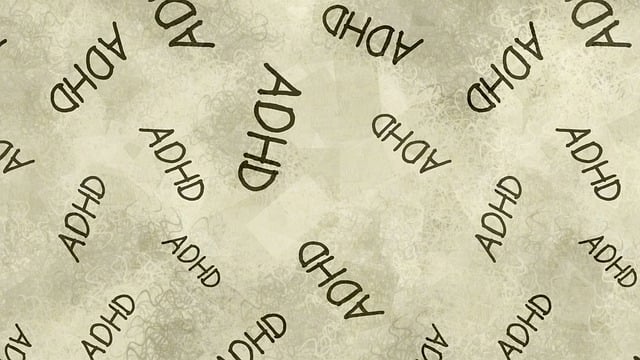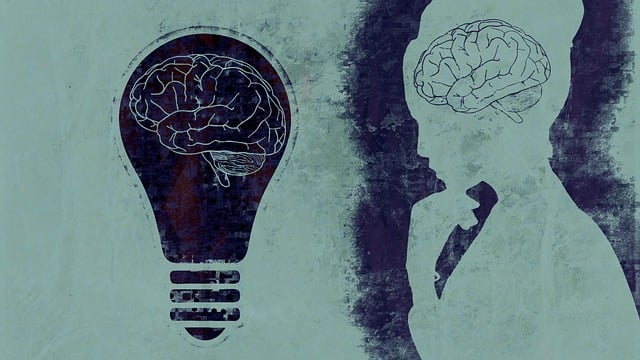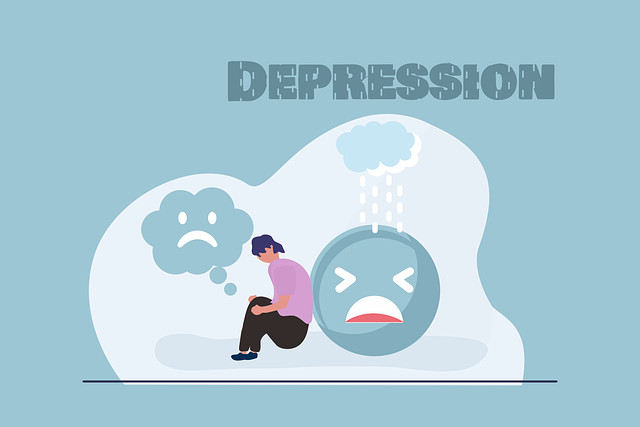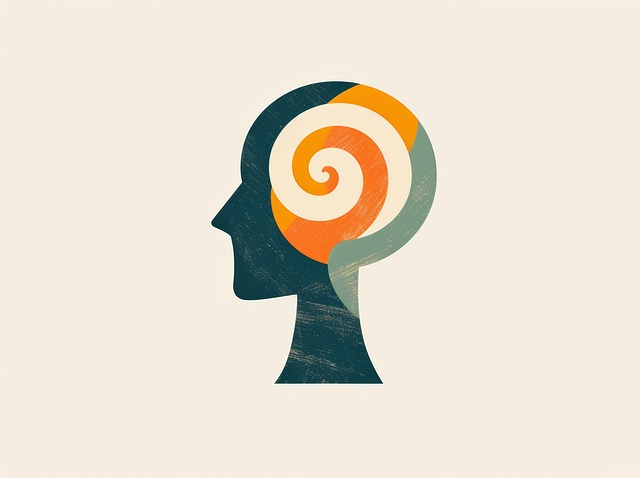Boulder Blended Families Therapy introduces the RFM (Resources, Strengths, and Challenges) model for managing complex family dynamics in blended households. This holistic approach emphasizes building resilience through identifying resources, addressing challenges with tailored risk management, and prioritizing self-care routines. The RFM model equips therapists with comprehensive tools to enhance mental well-being, fostering adaptability and stronger bonds among family members. By integrating mindfulness exercises, open communication, and Trauma Support Services, Boulder Blended Families Therapy promotes a more resilient and supportive family tapestry.
In today’s dynamic world, Boulder blended families face unique challenges. This article explores RFM (Resilience, Flexibility, and Mastery) and its pivotal role in Boulder blended family therapy. We’ll delve into how RFM builds resilience, offering practical exercises tailored for these families. From fostering adaptability to enhancing coping skills, these strategies help navigate life’s storms. Discover actionable tips to integrate RFM into your daily routine, strengthening bonds and nurturing a resilient family environment.
- Understanding RFM and Its Role in Family Therapy
- Resilience-Building Exercises for Blended Families
- Practical Tips to Integrate RFM into Family Life
Understanding RFM and Its Role in Family Therapy

In the realm of Boulder Blended Families Therapy, understanding the RFM (Resources, Strengths, and Challenges) model is pivotal. This framework helps therapists navigate the complex dynamics of blended families, fostering a supportive environment for all members. By identifying and leveraging resources, such as strong support networks and positive coping mechanisms, therapists can enhance family resilience. Moreover, recognizing and addressing challenges, like step-parenting issues or adjustment difficulties, is crucial through effective risk management planning tailored to each family’s unique needs.
The RFM approach also integrates self-care routine development for better mental health among all involved. This holistic perspective ensures that therapists not only assist families in managing risks and assessing vulnerabilities but also prioritize their own well-being, enabling them to provide sustained and quality care. In essence, adopting the RFM model equips mental health professionals with essential tools from risk assessment to self-care, facilitating effective family therapy within the vibrant yet challenging context of blended households.
Resilience-Building Exercises for Blended Families

Building resilience is an essential aspect of mental well-being, especially within blended families where individuals have often experienced diverse and complex life journeys. Boulder Blended Families Therapy offers specialized services to support these unique households in fostering adaptability and fortitude. Through tailored exercises, families can learn effective coping skills to navigate challenges and strengthen their bonds.
One of the key resilience-building strategies involves group therapy sessions where family members can share experiences and develop a supportive network. This provides a safe space for open communication, encouraging individuals to express their struggles and triumphs. Moreover, therapists guide participants in identifying personal resources and strengths, which are vital in managing stress and trauma. By combining these therapeutic techniques with Trauma Support Services, families can enhance their overall resilience, ensuring better mental health outcomes for all members.
Practical Tips to Integrate RFM into Family Life

Integrating RFM (Resilience, Flexibility, and Mindfulness) practices into family life can be a transformative journey for blended families seeking to strengthen their bonds and promote individual well-being. Boulder Blended Families Therapy suggests incorporating these strategies into daily routines to foster resilience and enhance overall mental health. Start by setting aside dedicated time for mindfulness exercises, such as guided meditation or simple breathing techniques, which can help individuals manage stress and anxiety. These practices encourage self-awareness and emotional regulation, vital components for building inner strength.
Additionally, encouraging open communication within the family fosters flexibility in navigating life’s challenges. Create safe spaces where everyone feels heard and supported. Regularly discuss as a family how you cope with different situations, whether it’s a challenging day at school or an unexpected change in plans. This collaborative approach to problem-solving not only improves self-esteem but also strengthens the familial tapestry by fostering a collective sense of resilience.
Boulder blended families can greatly benefit from incorporating Resilience, Flexibility, and Mastery (RFM) principles into their family life. By understanding RFM’s role in family therapy and engaging in targeted resilience-building exercises tailored to blended families, parents can foster a stronger, more adaptive household. Practical tips for integrating RFM into daily routines empower families to navigate challenges with resilience, ultimately enhancing the overall well-being of everyone involved in Boulder blended families therapy.














